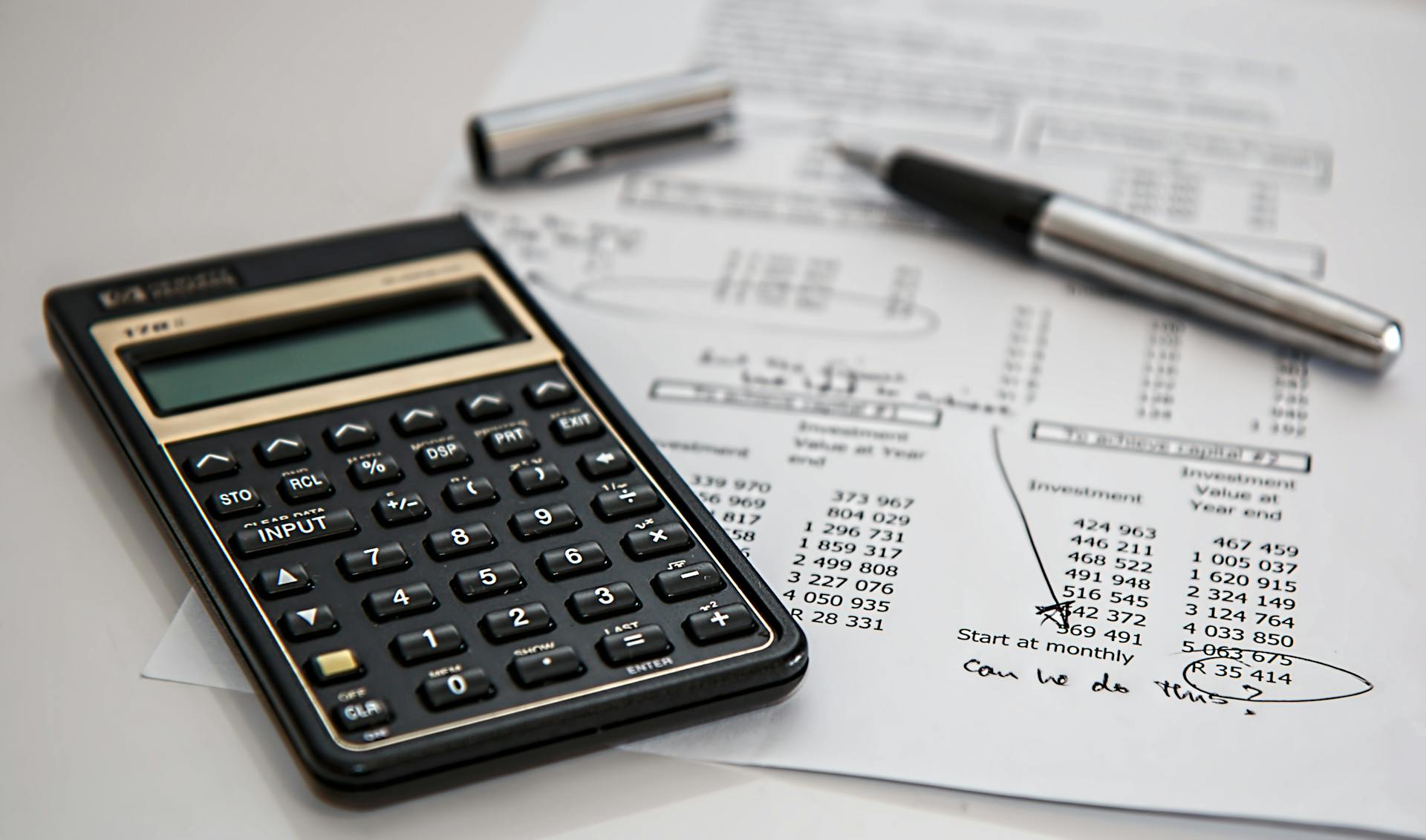
Technical accounting, an essential skill in the finance world, often seems like a complex labyrinth to many. This article aims to demystify it and offer practical advice for mastering this crucial area of accounting.
Understanding the Basics
Before diving into the complexities, it's vital to get a firm grip on the basic principles of technical accounting. This involves a deep understanding of generally accepted accounting principles (GAAP), International Financial Reporting Standards (IFRS), and other regulatory frameworks. Remember, a strong foundation is key to building advanced knowledge.
I recall a colleague who struggled with advanced concepts because they skipped over the basics. It was like trying to run before learning to walk. So, start with the fundamentals.
Related reading: Statutory Accounting Principles
Staying Current with Regulations
The world of Technical accounting is ever-evolving, with new standards and regulations constantly emerging. Staying updated is not just beneficial; it's essential. Subscribe to industry publications, follow relevant blogs, and join professional groups. This proactive approach will keep you informed about the latest changes in the field.
One of my experiences involved adapting to a sudden change in revenue recognition standards. It was a challenge, but keeping up-to-date with industry news helped me make a smooth transition.
Utilizing Technology
In today's digital era, mastering technical accounting also means being proficient with relevant software and tools. From complex data analysis tools to accounting software, technological proficiency can significantly enhance your capability in handling technical accounting tasks.
I learned this the hard way when I had to quickly adapt to a new accounting software during a crucial project. The experience taught me the importance of continuously updating my tech skills.
Recommended read: Ai Billing Software
Networking and Professional Development
Networking with other professionals in the field is invaluable. Attend workshops, seminars, and conferences. These are not just learning opportunities but also platforms to exchange ideas and experiences.
A seminar I attended a few years ago introduced me to a technique in financial reporting that significantly improved my workflow. Never underestimate the power of shared knowledge.
Practical Application and Continuous Learning
Finally, the best way to master technical accounting is by applying what you learn in real-life scenarios. Practical application cements theoretical knowledge. Also, commit to lifelong learning. The field is vast, and there’s always something new to discover.
An instance from my career that stands out is when I applied a newly learned tax regulation to a complex client issue, resolving a problem that had been a stumbling block for weeks.
Conclusion
In conclusion, mastering technical accounting requires a combination of foundational knowledge, staying updated, leveraging technology, networking, and continuous practical application. It’s a journey of constant learning and adaptation, but the rewards in terms of career growth and professional satisfaction are immense.
Featured Images: pexels.com


